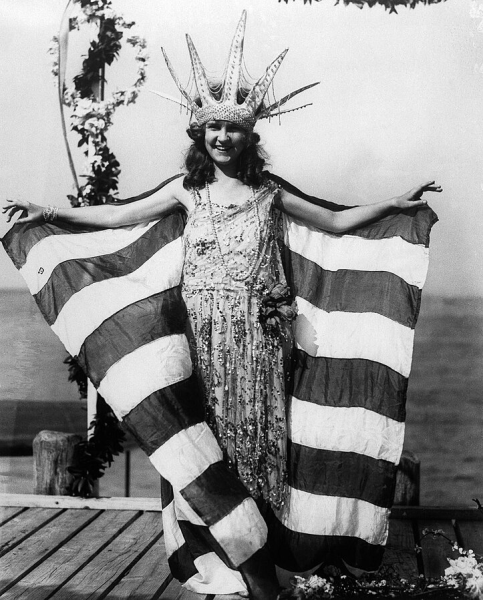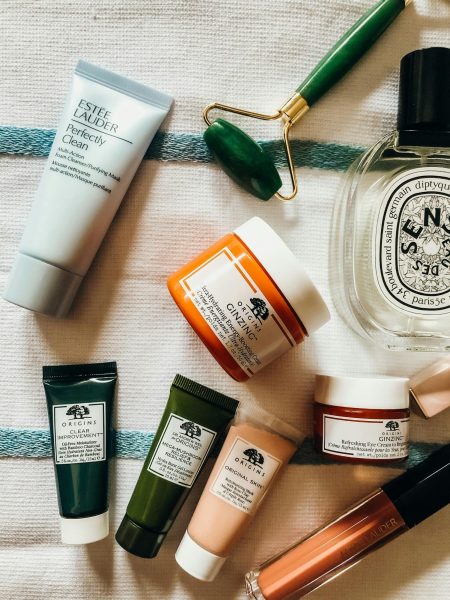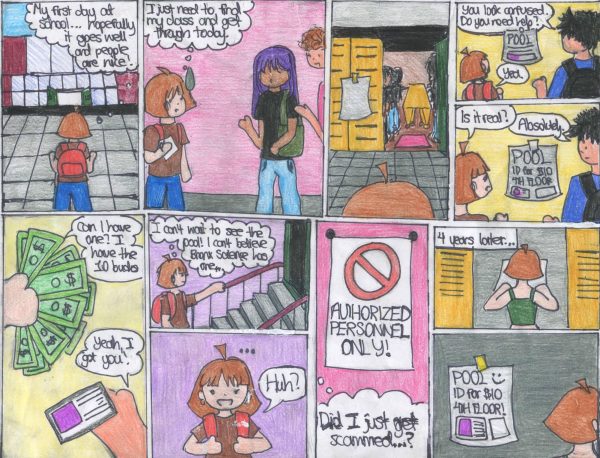Meme Culture: Are We Desensitized?
“Memes are a way to connect with others, have a laugh and stay informed on current events. Memes connect our generation,” said Lillian Tzanev ’20.
In the era of technology, memes are virtually inescapable. From the moment we open social media apps to the second that we log-off, memes regularly feature on our feeds and dominate our chat rooms. But no matter how funny one meme may be to some, comedy is always subjective. Although having a variety in brands of humor isn’t a new concept, recently, many creators lose sight of the fact that, though one brand of humor may be funny to some, it can unintentionally offend many others. With the thousands of memes created and shared every day, there are bound to be some that come across as offensive and insensitive.
“Some memes go past that boundary and just end up being disrespectful about the topic at hand, so that’s something I don’t really like,” said an anonymous Instagram Bronx Science meme account owner @bxscience.memes.
“Meme accounts aren’t necessarily pure humor. Some are informative and offer opinions on a variety of issues, while sometimes offering a joke to lighten people’s mood,” said @bxsci_bloopfishoe, an Instagram account that posts relatable memes about Bronx Science, who would prefer to remain anonymous. Memes can be a means of communicating important topics, and they typically get more attention due to their comedic effect. They relay important news without mundanely stating one fact after another. As society progresses into a paperless, technological world, progressively fewer people read newspapers and magazines to get their daily news. Many become informed of the situations around them through memes, since they appeal to people, specifically teenagers. Even politicians have begun to change their methods of campaigning to suit the adjustment and shift towards social media. Before dropping out of the primary elections, Mike Bloomberg, who was running as a Democratic candidate for President, changed his demographic by paying meme accounts on various social media apps to create and post original memes that portray him in a positive light.
Earlier this year, panic broke out when President Trump launched a missile and assassinated Iranian general Qasem Soleiman. Rumors of the approach of World War III rapidly spread, evoking various arrays of reactions. Memes arose from the hysteria, poking fun at the possibility of another world war, with the bulk of them joking about being drafted. These events sparked a controversy over whether or not certain issues should be “memed” about ー a term created to refer to when a certain topic is joked about through posting and spreading memes. Some say that they were made in good fun to distract people from this troubling and anxiety-provoking issue. Others countered that these memes made light of the situation. If World War III were to actually become a reality, people in developing countries would suffer the most, making the memes seem privileged and insensitive. They also claimed that the drafting memes undermined feminism as women joked about belonging in the kitchen, not the army. “Some memes go past that boundary and just end up being disrespectful about the topic at hand, so that’s something I don’t really like,” said anonymous Instagram Bronx Science meme account owner @bxscience.memes.
Despite their perhaps offensive nature, these memes made about the probability of WWIII were most likely made as coping mechanisms for such traumatic events. “I have always dealt with sadness, anger, and fear using humor. A lot of people do the same,” said Lillian Tsanev ’20. People can’t be stopped from making controversial memes because they absolutely have the right to voice their opinions. However, If the line isn’t drawn somewhere, people will never speak up because of the excuse “memes are a coping mechanism.”
That isn’t to say that all memes are inherently terrible, or that they carry a sinister purpose. Most memes are made for the intention of making someone laugh and putting them in a happy mood. Some situations can be “meme-ified” because it’s spreading information in a comedic way that doesn’t offend anyone in the process. The issue appears when ignorant people decide to joke about something that may appear thoughtless. Unfortunately, in certain cases, people on the Internet go overboard by appearing insensitive and not being apologetic. Although it’s impossible to always avoid controversial topics and make family-friendly memes, if there’s backlash, the people who don’t agree with the meme shouldn’t be shamed for not having the same values. If someone finds it insulting, he or she has the right to speak up without feeling attacked for being “politically correct.” Just as the creator of the meme has free speech, so does the viewer of the meme. There are certain boundaries implemented on the Internet that aren’t explicitly stated or announced. It is the responsibility of those on social media to ensure that when their content is offensive or humiliating to someone, they understand where the person is coming from instead of criticizing him or her for being so sensitive.
“Some memes go past that boundary and just end up being disrespectful about the topic at hand, so that’s something I don’t really like,” said anonymous Instagram Bronx Science meme account owner @bxscience.memes.
Alina Chan is an Editor-in-Chief for ‘The Science Survey.' She believes that when she writes, she gives herself, and others, a voice for self-expression....











